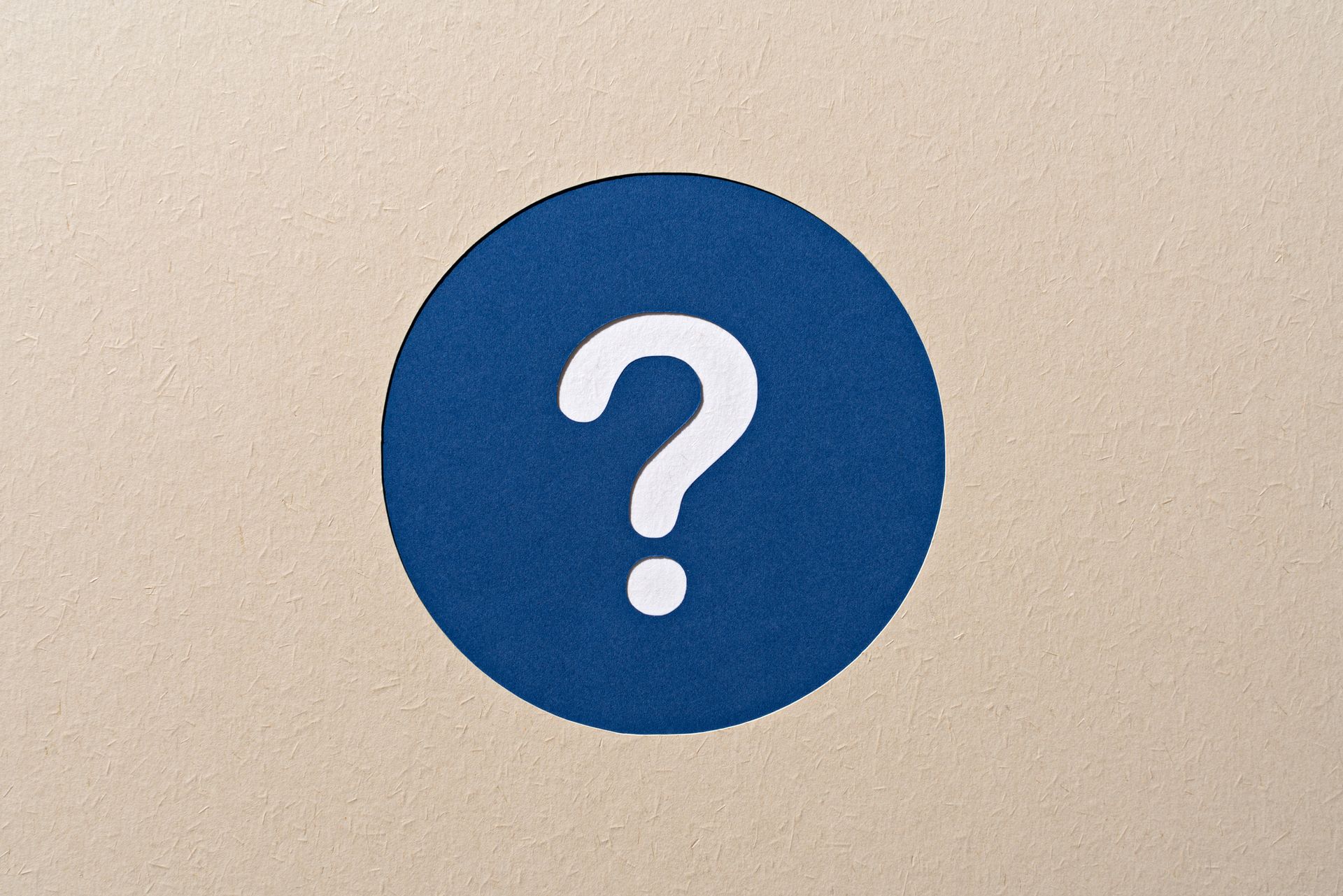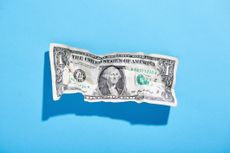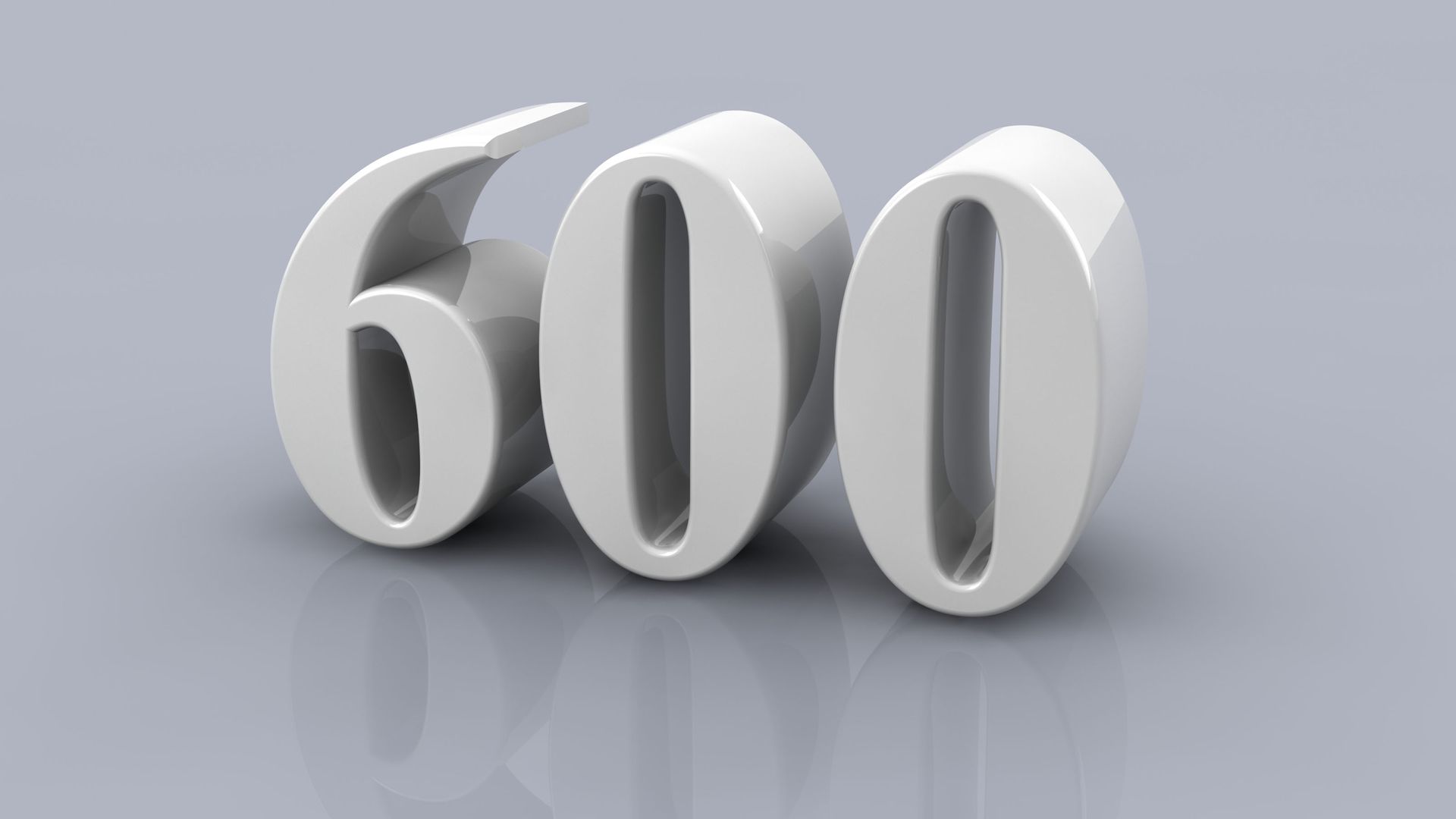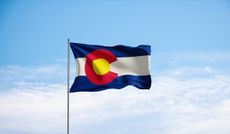IRS Form 1099-K: When You Might Get One From PayPal, Venmo, Cash App
A new IRS 1099-K tax reporting requirement for payment networks like Venmo, PayPal, Amazon, and Cash App is supposed to apply for 2024.


IRS 1099-K reporting requirements have caused a lot of confusion. That’s mainly because of changes to a federal tax reporting rule that requires third-party payment networks, including apps and online marketplaces, to send a form 1099-K to millions of online sellers.
A 1099-K is an IRS reporting form that shows how much money you've received during the year through third-party payment processors like Venmo, PayPal, etc. But the forms also come from other online platforms that process payment transactions, such as eBay, StubHub, Etsy, and more.
Here’s what you need to know about the 1099-K reporting requirement, including which online platforms might send you a 1099-K, what to do with the form if you receive one, and the latest 1099-K rule delay from the IRS.

Sign up for Kiplinger’s Free E-Newsletters
Profit and prosper with the best of expert advice on investing, taxes, retirement, personal finance and more - straight to your e-mail.
Profit and prosper with the best of expert advice - straight to your e-mail.
Related: Another Big IRS Tax Change for Online Sellers
1099-K Reporting Rules
Form 1099-K tax reporting: $600 rule
To understand whether and why you might receive a 1099-K, it's good to know the background surrounding the IRS reporting rules.
In the last year or so, you may have heard about the “$600 rule.” This refers to situations where payments you receive for goods or services through third-party payment networks and online marketplaces like Venmo, PayPal, Amazon, Square, eBay, Etsy, etc. exceed $600.
- Under legislation passed during the pandemic, if you had even one transaction over $600, you were supposed to receive a 1099-K to use when filing your federal income tax return.
- This was a major change from the typical tax reporting rule, where only taxpayers with significantly higher amounts of payments and transactions received a 1099-K.
The First 1099-K Rule Delay
The new tax reporting threshold, generally designed to increase tax compliance, was supposed to go into effect two years ago. However, the IRS delayed the rule due to concerns over confusion for online sellers and payment processors. Since then, some online marketplaces, including PayPal, eBay, and Etsy, asked Congress for 1099-K relief.
For example, the Coalition for 1099-K fairness argued that the $600 rule would disproportionately burden some taxpayers, who could be at risk of over-reporting their income or being “forced to hire a tax professional” to ensure compliance with the reporting requirement.
Additionally, early estimates indicated the IRS could have received 30 million more 1099-K forms for the upcoming filing season than in the previous tax year. Many would be for people without a tax obligation or taxpayers who have never received a 1099-K. So, late last year, the agency announced another delay of the $600 rule, this time to 2024.
Latest Delay
IRS 1099-K delay
Previously, to receive a 1099-K from a third-party payment network, you had to exceed $20,000 in transactions for goods and services and have more than 200 business transactions in a year.
But for transactions during the 2023 tax year, the $600 1099-K threshold was supposed to apply. So many more people, even casual online sellers, thought they would receive 1099-Ks in early 2024.
However, the IRS again delayed the implementation of the $600 rule. So, what does this mean for you?
- Instead of enforcing the new rules for the 2023 tax year, the IRS will treat 2023 as a "transition period" and push enforcement of any new thresholds to the 2024 tax year.
- Third-party payment platforms and online marketplaces won't be required to report 2023 transactions on a Form 1099-K to the IRS or online sellers for the $600 threshold. Instead, the previous 1099-K reporting threshold of $20,000 in payments from over 200 transactions remained in effect for 2023.
- "Given the complexity of the new provision, the large number of individual taxpayers affected, and the need for stakeholders to have certainty with enough lead time," the IRS says it is planning for a threshold of $5,000 for the tax year 2024 as part of a phase-in to implement the $600 reporting threshold.
However, It’s important to note that the 1099-K reporting requirement delay doesn’t change the fact that the IRS has always required taxpayers to report all taxable income, whether they receive a 1099-K form or not.
1099-K Basics and FAQs
What is a 1099-K form used for?
Form 1099-K is an IRS information reporting form.
- The form contains information, for your tax return, about the gross amount of payment transactions that you had on a third-party payment network when that amount was over $600 in the previous year.
- Companies that are required to send a 1099-K provide a copy to you and the IRS.
When will you receive a Form 1099-K? Generally, if you exceed $20,000 in transactions for goods and services and have more than 200 business transactions in a year, you will likely receive a Form 1099-K by the end of January or early February of 2025.
Note: The $600 threshold has been delayed and the IRS plans to phase in a $5,000 threshold for the 2024 tax year.
What to do with a 1099-K
If you receive a Form 1099-K, you will want to make sure that it matches the information that you have in your records.
If there are any problems with your 1099-K (e.g., the amounts listed don’t belong to you or other information on the form is incorrect), you should contact the third-party payment network that sent the form. They might be able to issue a corrected form.
Businesses that are required to report an income over $20,000 also include popular sites like Ticketmaster and StubHub, Depop, Poshmark, etc. (This isn't an all-inclusive list of companies and platforms.) If you're unsure about whether you will receive a 1099-K, most of these sites have questions and answers on their websites that can help.
Keep in mind, however, that personal transactions (e.g., personal payments to friends and family) on payment networks including Venmo, PayPal, etc., are not considered "payments for goods and services." That's important because the 1099-K third-party payment network reporting rule applies to payments made for goods and services. It doesn't apply to payments made through the payment networks that were gifts, or other personal payments of money to family and friends.
- If, for some reason, personal transactions from any of the third-party payment providers get reported on your 1099-K, contact the payment network to see if you can get a corrected form.
- If you cannot get a correction, your records should show personal payments made on the network versus payments for goods and services. Good records can help support the income you claim on your tax return.
Do you have to report a $600 Income?
Normally, any 1099-K Form will go to you and the IRS. So, the likelihood that the IRS will notice a difference in your federal income tax return between your income reporting, and the reporting on your 1099-K form, (if there are differences) is relatively high.
But remember that the $600 reporting requirement didn't appliy to last year's transactions. So you didn't have to worry about working with the $600 rule when you filed your last tax return.
Also, the IRS requires taxpayers to report all taxable income, so it’s best to report your taxable income and to keep good records that substantiate that income.
If you’re worried about tax liability from your side hustle, consider whether some tax deductions and credits for the self-employed might help reduce your tax bill, and double-check other important tax changes for the upcoming filing season.
Related Content

To continue reading this article
please register for free
This is different from signing in to your print subscription
Why am I seeing this? Find out more here
Get Kiplinger Today newsletter — free
Profit and prosper with the best of Kiplinger's advice on investing, taxes, retirement, personal finance and much more. Delivered daily. Enter your email in the box and click Sign Me Up.

As the senior tax editor at Kiplinger.com, Kelley R. Taylor simplifies federal and state tax information, news, and developments to help empower readers. Kelley has over two decades of experience advising on and covering education, law, finance, and tax as a corporate attorney and business journalist.
-
 Best U.S. Cities for Renters 2024
Best U.S. Cities for Renters 2024What are the best U.S. cities for renters? Charleston, NC, Atlanta, GA, Sarasota, FL, McKinney, TX and Scottsdale, AZ lead the pack, according to a recent RentCafe report.
By Kathryn Pomroy Published
-
 Workplace Benefits Can Lighten the Load for Working Parents
Workplace Benefits Can Lighten the Load for Working ParentsFrom wellness programs, help with saving for retirement, college and emergencies and possibly even financial advice, your workplace benefits are there for you.
By Kate Winget Published
-
 The Taxes That Come out of Your Paycheck
The Taxes That Come out of Your PaycheckPayroll Tax Your take-home pay is often less than expected due to several payroll tax withholdings you need to know.
By Kelley R. Taylor Last updated
-
 Seven States Where Gas Tax Increased July 1
Seven States Where Gas Tax Increased July 1Gas Taxes Since July has arrived, drivers in several states are facing a gas tax hike.
By Kelley R. Taylor Last updated
-
401(k) Withdrawal Penalty Rule Changes for 2024
Tax Rules More people are taking early emergency withdrawals from retirement savings accounts. New rules might offer some relief.
By Kelley R. Taylor Last updated
-
 Summer Activities That Can Impact Your Taxes
Summer Activities That Can Impact Your TaxesTax Planning Certain summertime activities might help lower your taxable income.
By Kelley R. Taylor Last updated
-
HSA Contribution Limit Rising Again for 2025
Health Savings Contribution limits matter when it comes to maximizing your tax-advantaged health savings account.
By Kelley R. Taylor Last updated
-
Three IRS Tax Deadlines for June 17
Tax Deadlines There are some important June IRS tax deadlines you shouldn’t overlook.
By Kelley R. Taylor Last updated
-
New Colorado Tax Credit Offers Two Years Free College: What to Know
Tax Credits Thanks to a new tax credit, some Coloradans will soon have access to two years of free college tuition.
By Kelley R. Taylor Published
-
Roth 401(k) Changes: What You Should Know for 2024
Retirement Savings Key changes to Roth 401(k) account rules may affect your tax planning and retirement savings.
By Kelley R. Taylor Last updated





